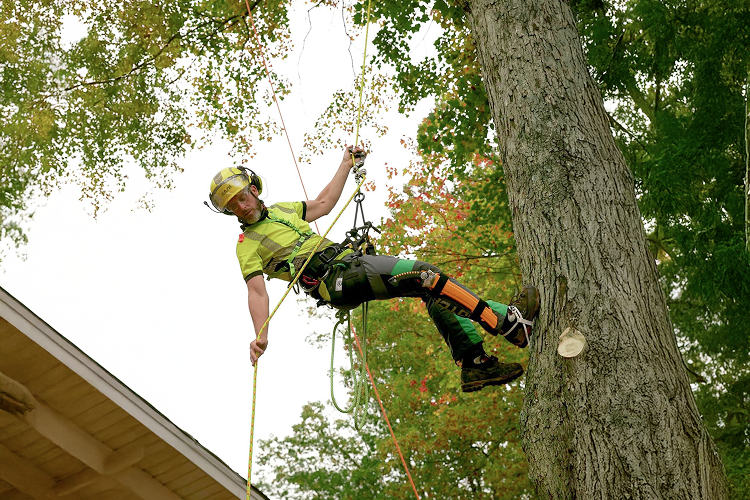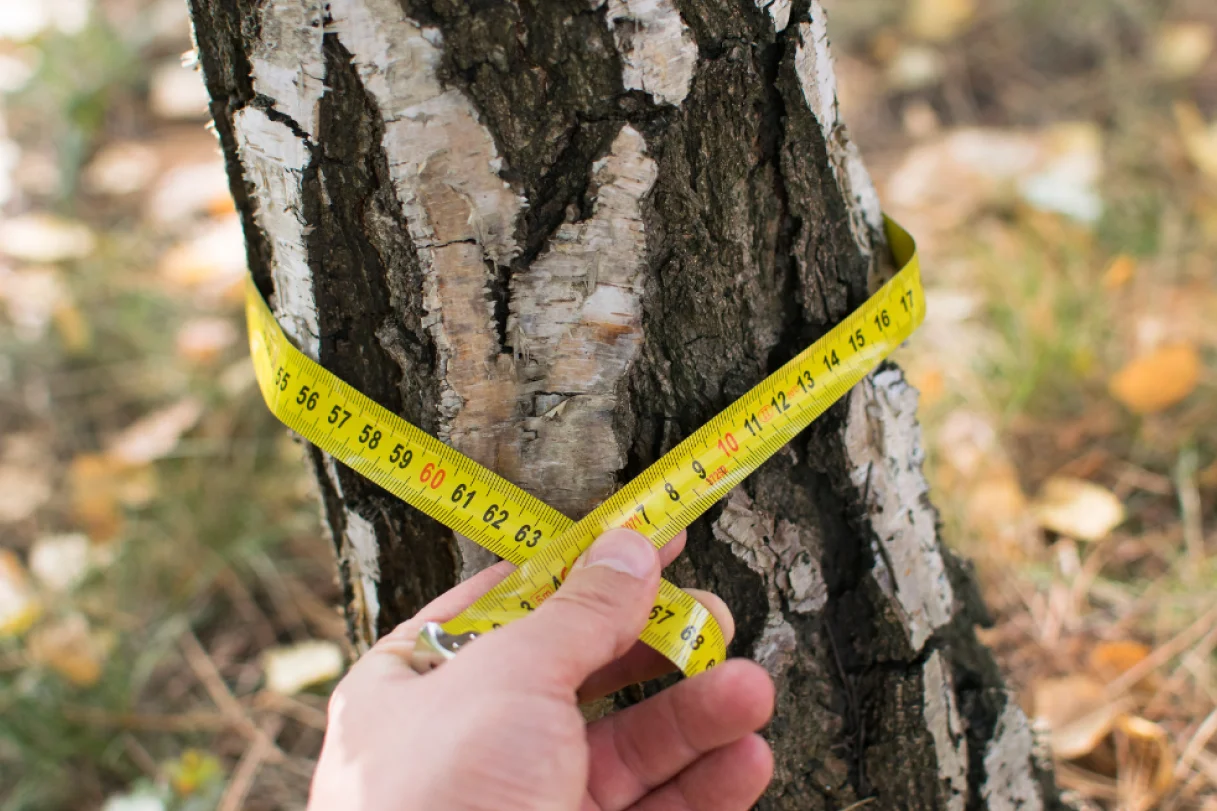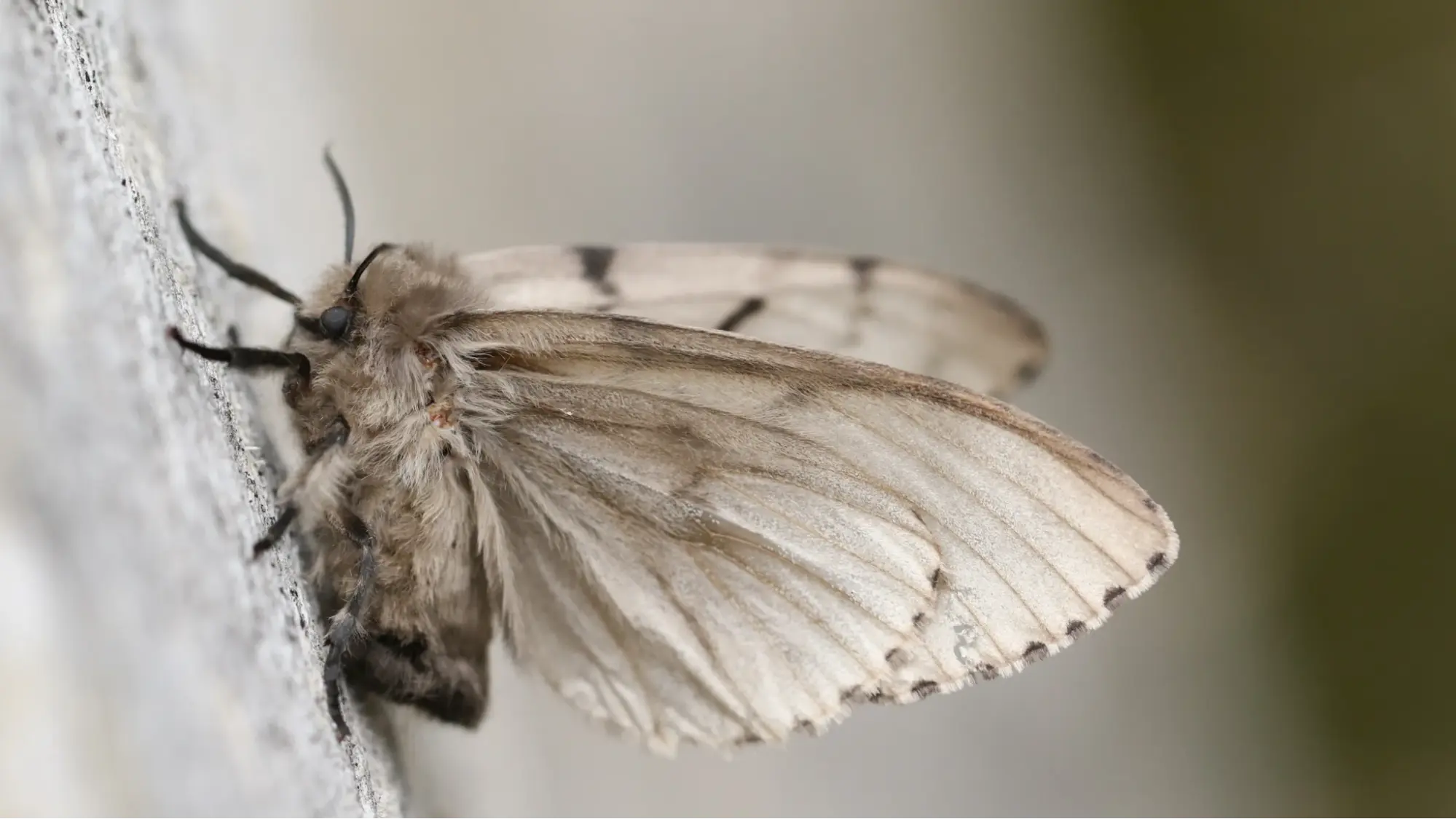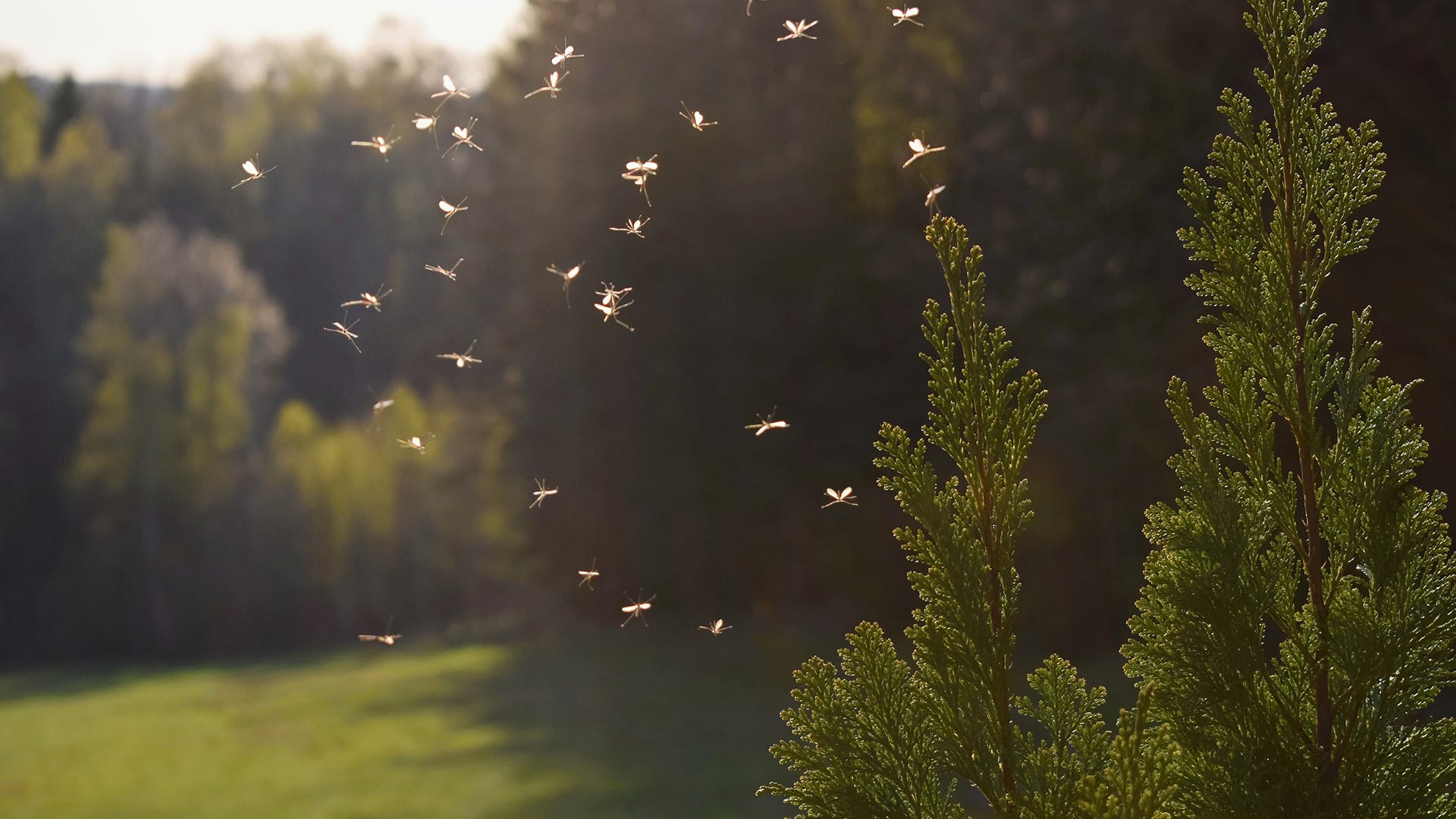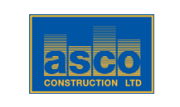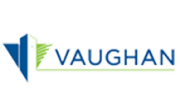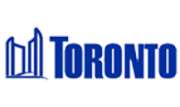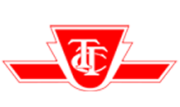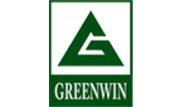Summer in Toronto means warm days, full canopies, and the height of storm season. With heavy rain, dense foliage, and sudden wind gusts, trees face real pressure.
Each storm either reinforces their strength or pushes them closer to failure. That’s why summer is the right time for preventative pruning, structural support, and certified inspections.
“In urban areas, over 80% of tree failures during storms are preventable with proper pruning and inspections.” - ISA – Tree Risk Assessment BMP
Why Storm Preparation for Trees Matters
Heavy winds, soaked soil, and mature branches can be a dangerous mix. In Toronto’s dense urban areas, trees face even more pressure from compacted roots, narrow canopy space, and wind tunnels created by buildings.
Storm-related tree failures often lead to roof damage, blocked driveways, or fallen power lines, not to mention expensive cleanup.
Taking preventative steps now is far safer, and often far cheaper, than dealing with the aftermath.
Storm Preparation Checklist
|
Task |
When to Do It |
Who Should Do It |
|
1. Visual inspection of trees |
Early–mid summer |
Homeowner or arborist |
|
2. Strategic pruning |
Mid–late summer |
Certified arborist |
|
3. Cobra cabling installation |
Before peak storm season |
Certified arborist |
|
4. Mulching and soil aeration |
Anytime before September |
Homeowner or professional |
|
5. City bylaw and permit check |
Before major pruning/removal |
Certified arborist / city arborist |
Step 1. Inspect Trees for Warning Signs
The first step in storm preparation is a careful visual check. Walk around your property and look for signs that a tree may be under stress.
Watch for hanging or cracked branches, fungal growth near the base, or a noticeable lean. A weak or missing root flare can suggest poor anchoring. Split trunks and deadwood deep in the canopy are also signs of trouble.
These issues may not seem urgent at first, but during a storm, they can quickly turn into serious damage. Acting early is always the safer option.
“Structural pruning during youth is the single most cost-effective way to prevent storm damage later in a tree’s life.” - USDA
Signs of Tree Stress Before a Storm
|
Visual Indicator |
What It Might Mean |
Recommended Action |
|
Hanging or cracked branches |
Structural weakness |
Prune to prevent breakage |
|
Fungal growth at base |
Root rot or decay |
Call a certified arborist |
|
Noticeable lean |
Shifting roots or poor anchoring |
Inspect root flare, consider cabling |
|
Deadwood in canopy |
Internal decay or disease |
Remove dead limbs |
|
Missing or weak root flare |
Poor planting or root instability |
Aerate soil, inspect root zone |
Step 2. Prune Strategically to Reduce Risk
This is where preventative pruning makes a real difference.
Our tree pruning services follow ANSI A300 standards, which focus on removing high-risk limbs, improving canopy balance, restoring a strong central leader, and enhancing airflow through the crown.
Summer is the best time to do this work. With the canopy fully leafed out, arborists can see how the tree responds to wind and weight in real conditions. That visibility allows us to prune with precision, removing only what’s necessary to reduce risk and improve structure.
“Toronto’s urban forest includes over 10.2 million trees, many of which are on private property, and each homeowner plays a role in storm readiness.” - City of Toronto
Step 3. Support Vulnerable Trees
Not every tree needs to be pruned. Some just need extra support.
Cobra Cabling is a flexible, non-invasive system that helps stabilize weak points without drilling into the tree. It works well for codominant stems, long lateral limbs, and heritage or hurricane-prone species with wide, heavy crowns.
For younger trees, simple measures like staking, mulching, and protecting the root zone can make a big difference. These supports help them grow straight, anchor well, and stay resilient through summer storms.
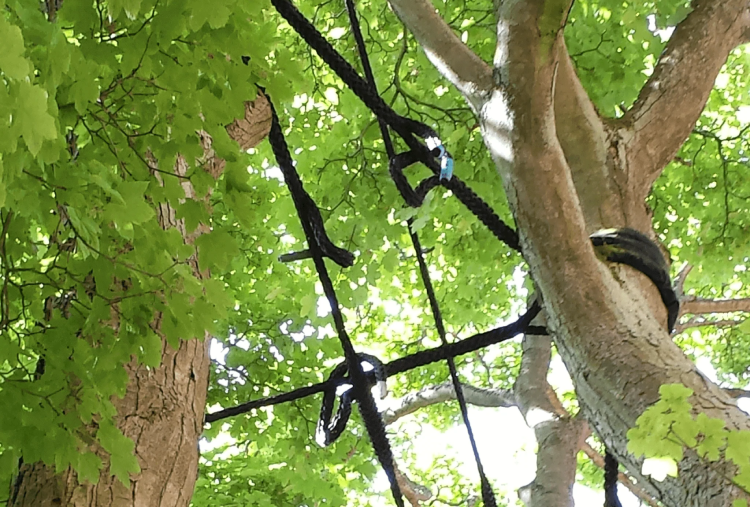
Step 4. Maintain Healthy Roots and Soil Stability
Urban soil is often compacted and low in organic matter. That’s a tough environment for roots, especially when strong winds hit.
Adding mulch, aerating the root zone, and avoiding overwatering can all improve root strength and stability. These simple steps help trees absorb nutrients, breathe better, and stay anchored during storms.
Healthy roots mean stable trees and fewer surprises when the wind picks up.
Step 5. Call a Certified Arborist for At-Risk Trees
If a tree is leaning toward your home, hanging over a walkway, or showing signs of decay, it’s time to bring in a professional.
Our ISA Certified Arborists provide on-site inspections, written documentation, and full liability coverage. We also help you navigate local permitting requirements under Toronto’s Tree Protection Bylaw (Municipal Code Chapter 813), which governs the preservation and removal of private and city-owned trees.
And if a tree poses too much risk to remain standing, our tree removal team can handle the job safely and in full compliance, with minimal impact to your property.
Connect With a Certified Arborist Today From inspections to emergency removals, our team is ready to help

Storm-Readiness Services from Tree Doctors
Call Tree Doctors for the Summer Storm-Ready Package that includes certified structural pruning and Cobra Cabling in a single visit. If you have large trees near buildings, high-traffic areas, or aging trees showing signs of stress, this is the time to act.
With every visit, you’ll receive:
- A full inspection by an ISA Certified Arborist
- Structural pruning completed to ANSI A300 standards
- Non-invasive Cobra Cabling installation if needed
- Official documentation for insurance, permitting, or city requirements
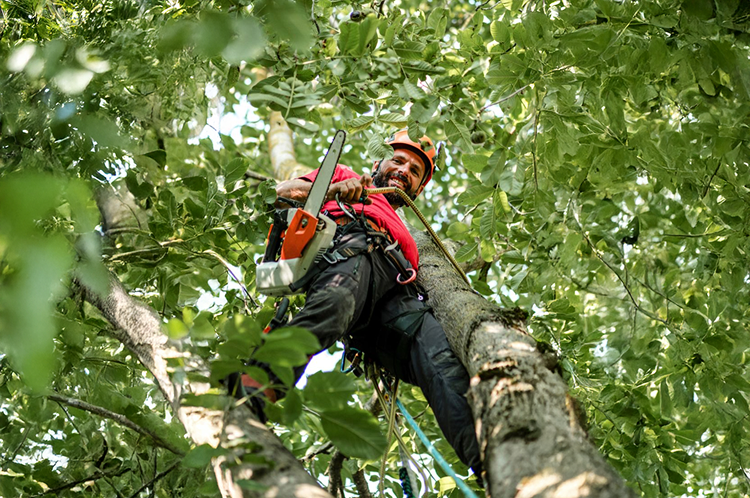
What to Expect from Tree Doctors
Every visit includes an on-site inspection by an ISA Certified Arborist. We provide complete documentation, and full WSIB and liability insurance.
Our team understands Toronto's tree bylaws and ensures all work meets both safety and ecological standards.
A Greener City Starts with Responsible Tree Care
Trees provide shade, clean air, and stability to every neighborhood in Toronto. Caring for them protects not only your property, but the urban forest as a whole.
At Tree Doctors, we treat tree care as stewardship. Every well-balanced crown and every supported branch helps build a healthier, safer city - for today and for the future.
Ready to Protect Your Trees?
Storm-related damage can lead to thousands in emergency removal costs, or worse, structural damage to your home or business.
Investing in preventative tree care now is the safer, smarter choice.
Call us at (416) 201-8000
Or email info@treedoctors.ca
Let’s take care of the trees that take care of us.
Connect With a Certified Arborist Today
From inspections to emergency removals, our team is ready to help
Request a Free Assessment

Frequently Asked Questions
Q: Is it safe to prune trees in the summer?
Yes, in fact, summer offers the best visibility into crown structure. According to ISA guidelines, selective pruning during full leaf-out allows for accurate risk reduction without harming tree health.
Q: Will Cobra Cabling damage my tree?
No. Cobra systems are non-invasive, installed without drilling or bolts, and designed to support rather than restrict natural movement.
Q: How long do pruning and cabling treatments last?
Structural pruning provides benefits for 2–5 years, depending on species and site conditions. Cobra systems are durable and can remain effective for 8–12 years, with periodic inspections.
Q: Do I need a permit for this work?
Not typically for pruning or internal support. However, Tree Doctors can advise you if your property includes protected trees under Toronto’s Private Tree By-law or Ravine Protection regulations.
